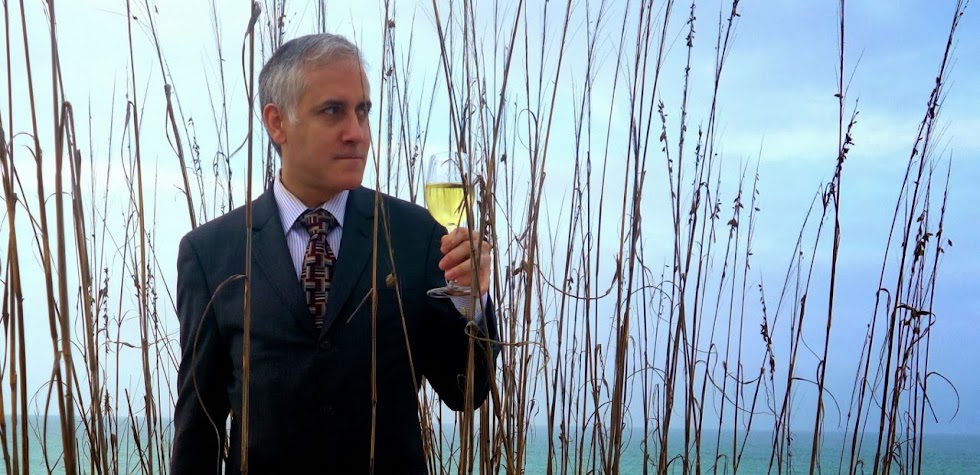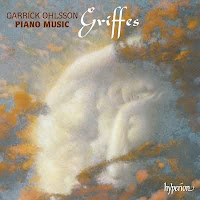A young friend recently asked how musicians form conceptions of works and how
much creativity shapes performances. His request provided a framework to
compare two recent recordings of Schoenberg’s Verklärte Nacht. The Emerson
Quartet is joined by Paul Neubauer and Colin Carr in an album which includes
Tchaikovsky’s Souvenir de Florence, and the young star Janine Jansen and her
loyal, unknown friends pair the Schoenberg with the Schubert Cello Quintet.
In classical music you need notation and imagination. There are conductors and
soloists whose hopefully thoughtful interpretations are unified by their
perception. In chamber music, ostensibly among equals, the level of complexity
among competing aesthetics, egos and accomplishments seldom render this
treacherous idiom exhilarating.






